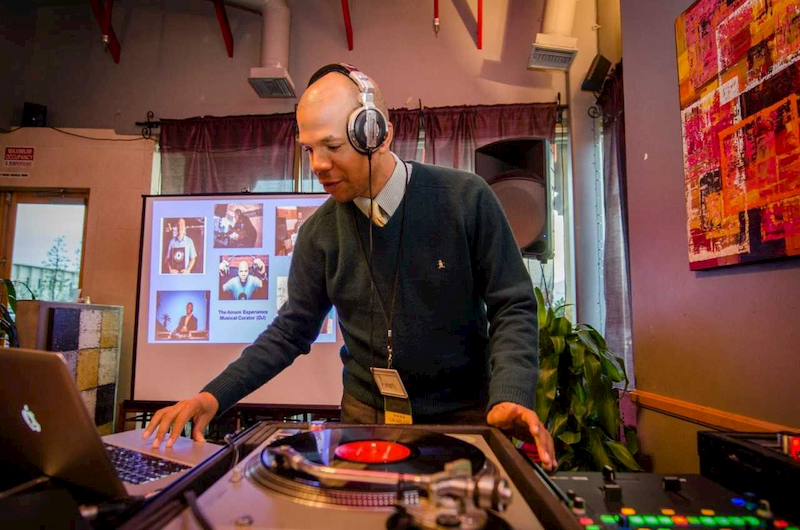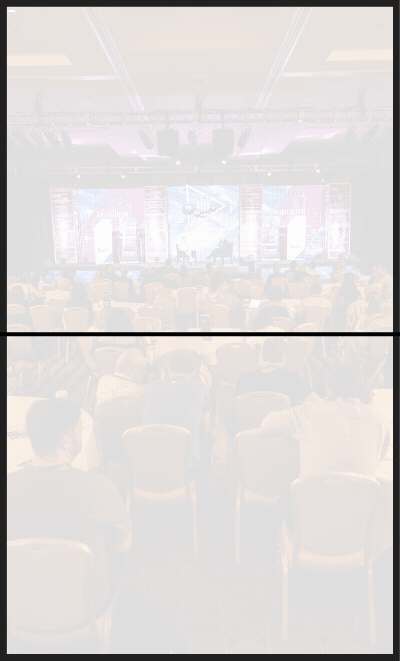I have been working in the podcasting space since 2008, and have two shows, each with over 100 episodes. As I spread the word about my current podcast, I receive countless questions about the ins and outs of podcasting.

Some of the questions are pretty typical, like how much it costs to make a podcast or how long it takes to make one. Other questions cause me to pause, reflect and think about an answer. Here are five questions and answers that aren’t as common but continue to come up frequently.

1. What kind of business or income do you get from your podcast?

When I explain my thought process around this question, my answer takes some people by surprise. My podcast generates income, but more through exposure than monetizing. I have a new Patreon page which is slowly growing but not producing a substantial amount of revenue at the moment.
My podcast generates income, but more through exposure than monetizing.
To date, I have had no sponsors for my podcast, although I have been searching for the right partner since the beginning of 2019. I have secured numerous DJ gigs through specific guests, local and nationwide, that I have interviewed. I have been invited to moderate several panels with hospitality partners, all because of my podcast.
I have also begun to acquire professional speaking opportunities from groups of people who want to hear about the podcast experience and what I have learned. Finally, I am completing my first book which was born from my attendance at Podcast Movement 2018. The next book I have in development will be based on what I have learned from every guest on my podcast. Every idea I mentioned was a direct result of my podcasting career. I believe that these opportunities will continue to grow and offer more stability than sponsors and donations.

2. What has been the most important factor driving consistency in producing podcast episodes?
I try to keep three to four podcast episodes “in the can.” Basically, I have these episodes that are recorded but not edited yet. This gives me a cushion to work with in case life happens. I release one episode every week (Tuesday mornings PST). I dedicate time in my schedule on Fridays and Saturdays to edit the episode, do show notes and upload the final product to Libsyn.
I firmly believe that a consistent release schedule will help you grow loyalty with your audience and grow your show, one subscriber at a time
If I fall behind, I use Sundays as my backup time. I firmly believe that a consistent release schedule will help you grow loyalty with your audience and grow your show, one subscriber at a time. Using this routine will help you be consistent and avoid burnout by dividing the tasks up into smaller time slots that only take up a portion of your day.

3. How has podcasting improved your life personally and professionally?
This question is one of my favorites to be asked because it gets past the initial allure of podcasting and offers me a chance to explain the growth I have experienced. First, I have learned to become a tremendous listener and interviewer. My personal show is an interview show where I normally interview one person for approximately an hour. In that time, I ask approximately 20 questions based on the person’s career journey.

After I ask a question, I sit back and listen for additional prompts or questions to help our conversation flow. I listen to the beginnings of a potential story, a grand statement, or my guest thinking out loud.
I have learned that one question can completely change and enrich an interview.
If I hear any cues for additional follow up questions, I follow that path and see where it takes me. I have learned that one question can completely change and enrich an interview.
As a DJ, I have to emcee events on a weekly basis. My microphone skills have grown at a rapid rate through the podcast and interviewing people. Slowing down my speech as well as thinking on my feet have added to the quality of my microphone skills. This has carried over to speaking on the microphone at social events, like weddings, parties, and clubs, as well as at corporate events, like educational and networking sessions.
Finally, I view every interview I record and produce as a master class on the person I am speaking with. They are an expert on their journey through life, and there are countless lessons to learn from each person. The in-depth information I acquire, combined with the life lessons and advice each guest shares, is invaluable as I continue to work on improving myself. I continue to categorize podcasting as a modern-day form of networking.

4. In your experience, what is the most challenging aspect of podcasting?
I believe that staying consistent with a release schedule is the hardest part. The facts are true about the average podcast lasting no more than seven episodes. People start this process, see how much work it is, and then tap out. Fighting through when life gets in the way with work, your personal life, or an illness is the most difficult.
Learning how to properly edit, mix and master a podcast is also very challenging, as each guest has a different timbre to their voice which makes each edit unique. Combining the editing process with the belief that the episode does not have to be “perfect” is a difficult but necessary balance to keep. I believe “done” is better than “perfect,” and I also believe that a podcast episode should not be perfect. The lack of perfection makes it more authentic and allows for organic, long-standing growth.

5. Is podcasting a fad that will go away or become irrelevant?
I am of the belief that podcasting is here to stay and will become a permanent part of the content consumption landscape. Since many podcasters are deeply ingrained in the industry, we don’t realize how new podcasts are for the public around the world. People have had that purple Podcasts icon on their iPhone for years and haven’t even given it a second thought. Weekly, I show a minimum of ten people how to access the app and download podcasts.
I am of the belief that podcasting is here to stay and will become a permanent part of the content consumption landscape.
People often ask if downloading podcasts costs money or if the episodes will disappear after a few weeks. The easiest explanation I share is that a podcast is like an on-demand radio show that is free to listen to and will almost always have a home on the internet. I estimate that over 80% of the guests on my show are being interviewed for a podcast for the first time. I see a similar adoption of podcasts by the same baby boomers who have become a dominant presence on Facebook 15 years after it was created.
These are questions that I frequently get asked when I share my podcasting journey. What are the most common questions that people ask you about yours?



Join the Movement